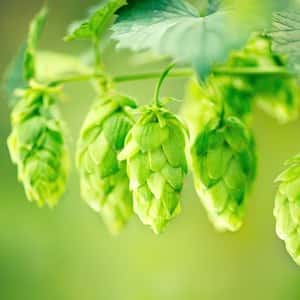
Most of us are familiar with insomnia as a problem falling asleep. Some have had the unfortunate experience of waking far too early and not being able to drift back off to sleep. But there are other sleep disorders. People who suffer from dream enactment may injure themselves or their bed partners by acting on their nightmares. Is there a way to prevent this?
How Can You Prevent Dream Enactment?
Q. You wrote about a man with problems with violent REM sleep and you recommended melatonin. Why didn’t you mention hops along with this? Hops increase the amount of deep sleep over REM sleep. I am more rested even if I don’t sleep longer hours when I take hops at bedtime.
A. No one knows why some people are more vulnerable to acting out their bad dreams than others. Dream enactment of the sort the writer described may be linked to a neurological problem (Clinical Autonomic Research, online Oct. 18, 2016). In REM sleep behavior disorder, the usual loss of muscle tone during sleep does not occur, and thus the person can move about during a dream. If he has a nightmare, he is more likely to lash out and possibly strike the other person in the bed.
Will Hops Help?
Recent research investigating the effect of hops on sleep is limited, but one study found that a combination of valerian and hops resulted in deeper sleep (European Journal of Medical Research, May, 2008). That seems consistent with your experience.
Another study compared standardized extracts of valerian, hops and passionflower to zolpidem (Ambien) for short-term insomnia (Indian Journal of Pharmacology, Jan-Feb., 2013). There was no difference between the two treatments, suggesting that the herbs may be as helpful as the sleep medicine. They may also be less likely to result in rebound insomnia when a person stops taking them.
You can learn more about non-drug approaches to insomnia, including hops, passionflower and valerian, from our newly-revised Guide to Getting a Good Night’s Sleep.

